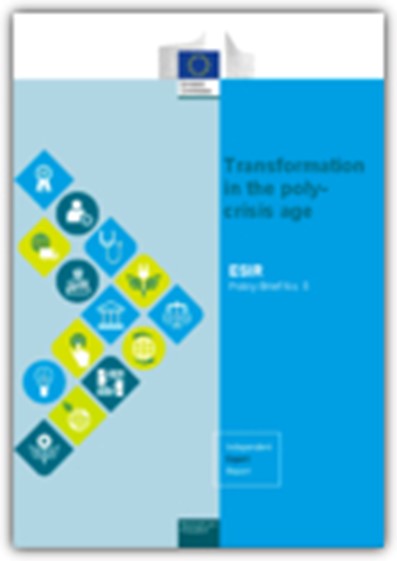The paper “Transformational Education in Poly-crisis” addresses the challenges facing education systems in the context of multiple crises, such as the COVID-19 pandemic and other societal, economic, and environmental challenges. It emphasizes the need for a comprehensive transformation of education to equip individuals with the skills and knowledge necessary for navigating the triple transition towards sustainability, digitalization, and social resilience.
The authors advocate for a new paradigm in higher education that integrates research, innovation, entrepreneurship, and education to drive tangible transformation in the real economy and broader society. This involves reforming curricula and learning paradigms to include transdisciplinary approaches and lateral skills training, such as leadership, creativity, and innovation. The paper also underscores the role of universities as leaders in sustainability, emphasizing their responsibility in areas such as reducing carbon footprints, fostering innovation, and promoting diversity.
Furthermore, the document highlights the importance of digitalization in enhancing educational access, quality, and content, as well as optimizing cost structures. It calls for strategic collaboration with European universities, a focus on lifelong learning, and the development of pan-European learning and innovation platforms. The authors stress the need to safeguard the autonomy and competitiveness of European universities in the face of potential threats from commercial actors.
Overall, the paper provides a comprehensive framework for addressing the challenges posed by poly-crisis and emphasizes the transformative role of education in preparing individuals to meet the evolving needs of society and the economy.
If you want to know more about, you can read the full paper: Transformational education in poly-crisis.
Source: European Commission | Research and Innovation News (https://shorturl.at/hoNU6)
